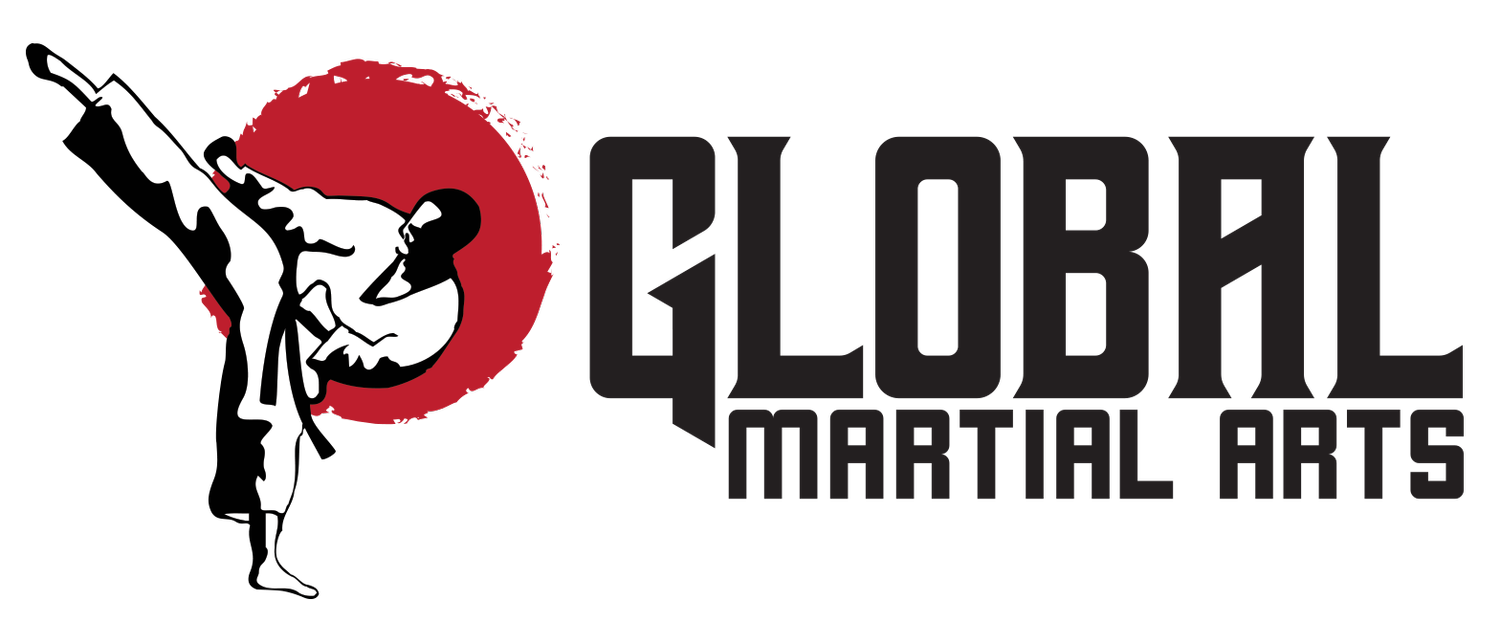The art of ground fighting and selfdefense
Introduction:
Brazilian Jiu-Jitsu (BJJ) is a martial art and combat sport that has gained considerable popularity worldwide. Known for its emphasis on ground fighting and submission techniques, BJJ offers numerous physical and mental benefits. In this blog post, we will explore the origins, key principles, and advantages of Brazilian Jiu-Jitsu.
1. The Origins of Brazilian Jiu-Jitsu:
Brazilian Jiu-Jitsu traces its roots back to the early 20th century when Mitsuyo Maeda, a Japanese judoka, introduced the art to Brazil. Maeda's teachings were passed down to Carlos Gracie, who, along with his brothers, developed and refined the techniques, eventually founding the Gracie Jiu-Jitsu system. Over the years, BJJ has evolved into a comprehensive martial art that focuses on leverage, technique, and strategy rather than relying solely on physical strength.
2. Key Principles of Brazilian Jiu-Jitsu:
a. Positional Dominance: BJJ emphasizes the importance of gaining positional advantage over an opponent. By achieving superior positions such as mount, side control, or back control, a practitioner can control and submit their opponent effectively.
b. Leverage and Technique: BJJ teaches practitioners to use proper leverage and technique to overcome larger and stronger opponents. By understanding the biomechanics of joints and applying precise techniques, even a smaller individual can neutralize a more significant threat.
c. Submission Holds: Submissions are a fundamental aspect of BJJ. Joint locks and chokeholds are used to force an opponent to submit or "tap out," signifying the end of a match. BJJ practitioners learn a wide range of submissions, including armbars, triangles, guillotines, and rear-naked chokes.
3. Benefits of Brazilian Jiu-Jitsu:
a. Self-Defense: BJJ is renowned for its effectiveness in real-life self-defense situations. By focusing on ground fighting, it equips practitioners with the skills to control and neutralize an opponent, regardless of size or strength.
b. Physical Fitness: Brazilian Jiu-Jitsu provides a full-body workout that enhances strength, flexibility, and cardiovascular endurance. The dynamic nature of the art promotes improved coordination, agility, and overall fitness levels.
c. Mental Well-being: BJJ requires problem-solving skills, adaptability, and mental fortitude. The art fosters discipline, focus, and resilience, promoting personal growth and self-confidence.
d. Camaraderie and Community: BJJ academies often foster a supportive and inclusive environment. Practitioners build lasting friendships, benefit from a sense of belonging, and develop teamwork skills through training and sparring with training partners.
Conclusion:
Brazilian Jiu-Jitsu offers a unique and rewarding martial arts experience, combining physical fitness, self-defense, and personal development. Whether you're looking to compete, improve your fitness, or gain self-defense skills, BJJ provides a comprehensive and effective training system. With its emphasis on technique, leverage, and strategy, BJJ empowers individuals to overcome physical limitations and achieve success both on and off the mat.
So, whether you're a beginner or an experienced martial artist, consider exploring Brazilian Jiu-Jitsu and unlock the numerous benefits it has to offer.
